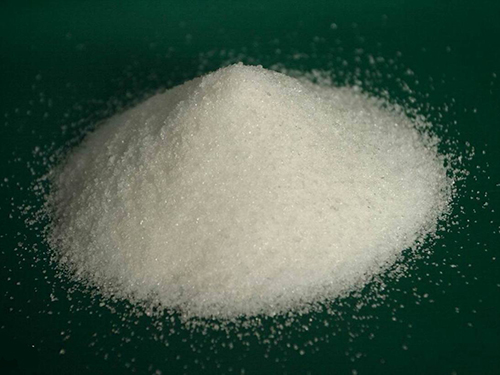Exploring the Impact of Scale and Corrosion Inhibitors on Cooling Tower Efficiency and Longevity
Scale and Corrosion Inhibitors for Cooling Towers
Cooling towers play a pivotal role in industrial processes and power generation by dissipating heat from water-cooled systems. However, as essential as they are, they are prone to issues such as scale formation and corrosion, which can significantly reduce their efficiency and lifespan. Understanding the challenges posed by scale and the importance of corrosion inhibitors is crucial for maintaining optimal cooling tower operation.
Understanding Scale Formation
Scale is primarily a result of dissolved minerals, such as calcium carbonate, sulfate, and silicate, precipitating out of solution as water is evaporated in the cooling process. As water circulates through the cooling tower, its temperature increases, leading to decreased solubility for these minerals. Eventually, they deposit onto surfaces, forming scale. This buildup can cause a range of operational problems, including reduced heat transfer efficiency, increased pump energy requirements, and potential system failures.
The formation of scale can be exacerbated by factors such as high water hardness, elevated temperatures, and prolonged water residence times within the system. The presence of scale can not only impair the cooling tower's effective heat exchange but also lead to higher operational costs due to increased maintenance and prolonged downtime.
Corrosion in Cooling Towers
In parallel with scale formation, corrosion poses a substantial threat to cooling towers. Corrosion can be described as the gradual destruction of materials, typically metals, due to chemical reactions in the environment. In cooling systems, the presence of oxygen, acidic or alkaline conditions, and other corrosive agents can promote this deterioration.
Corrosion can occur in the form of localized attacks, such as pitting, or more generalized uniform corrosion. The impacts are severe, as they can lead to leaks, equipment failures, and hazardous situations, not to mention the associated repair costs and disruptions to operations.
scale and corrosion inhibitor for cooling tower

The Role of Inhibitors
To combat problems caused by scale and corrosion, industries rely on the use of inhibitors. Scale and corrosion inhibitors are chemical additives designed to mitigate these issues effectively.
Scale inhibitors work by interfering with the crystallization process of scale-forming minerals, keeping them suspended in the water rather than allowing them to settle out. Commonly used scale inhibitors include polyacrylic acid, phosphonates, and carboxylates. These inhibitors can be very effective, particularly in systems characterized by high water hardness and high temperature.
Corrosion inhibitors, on the other hand, create a protective layer on metal surfaces, hindering the electrochemical reactions that lead to corrosion. They can be categorized into various types, including cathodic and anodic inhibitors, and can vary widely in composition, from organic compounds to more advanced technologies like green inhibitors derived from natural sources.
Conclusion
The efficient operation of cooling towers is paramount for many industrial applications, but challenges such as scale formation and corrosion cannot be overlooked. By employing appropriate scale and corrosion inhibitors, facilities can significantly reduce downtime, enhance efficiency, and extend the lifespan of their cooling systems.
Regular monitoring and maintenance, combined with a well-structured water treatment program that includes the use of these inhibitors, are essential strategies for tackling the challenges posed by scale and corrosion. Ultimately, investing in these preventative measures not only ensures operational reliability but also leads to cost savings and improved environmental sustainability in the long run.
-
The Ultimate Guide to Flocculants: Transforming Water TreatmentNewsNov.01,2024
-
Improve Your Water Treatment Solutions with PolyacrylamideNewsNov.01,2024
-
Enhance Your Water TreatmentNewsNov.01,2024
-
Empower You to Achieve the Highest Standards of Water QualityNewsNov.01,2024
-
Effective Scale InhibitorsNewsNov.01,2024
-
Discover the Power of Poly Aluminum Chloride in Water TreatmentNewsNov.01,2024





